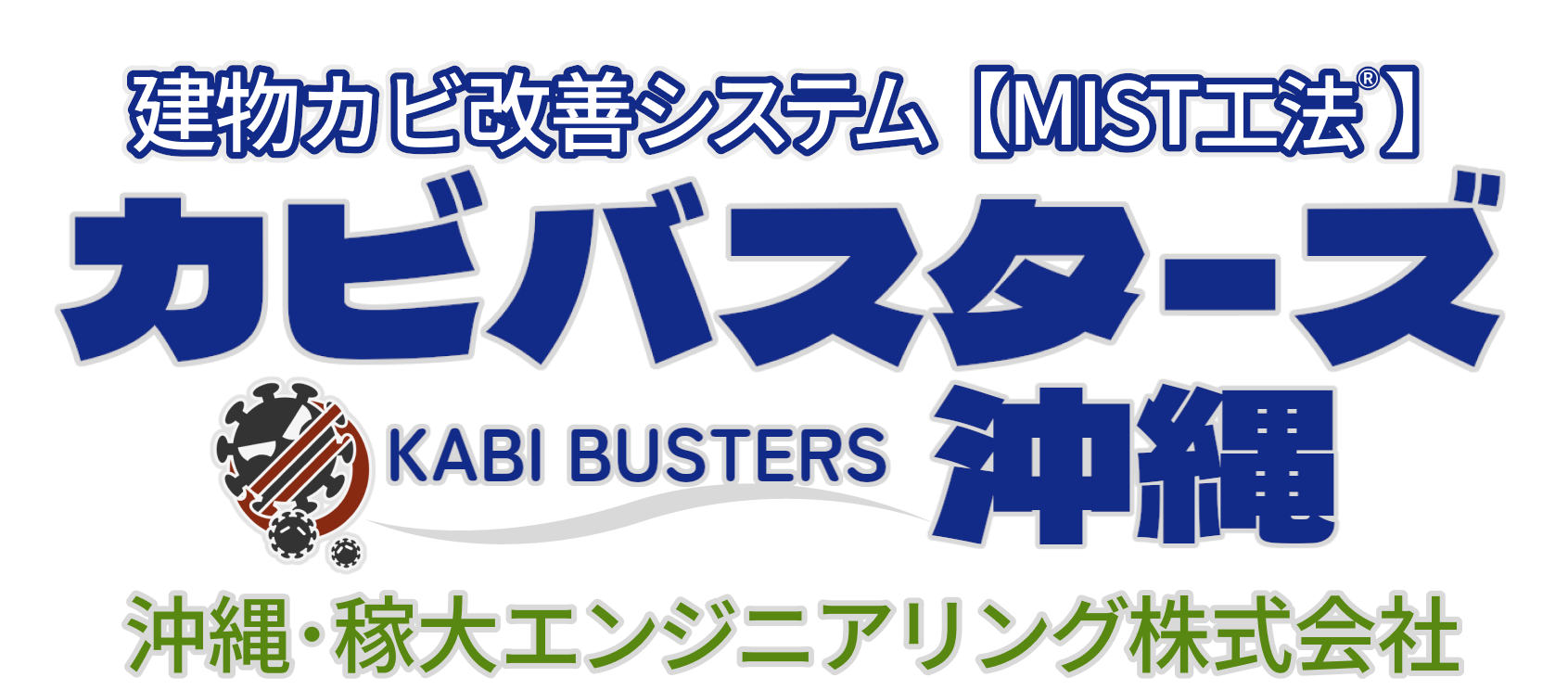Understanding the Impact of Mold on Stored Food and Ways to Mitigate Its Effects
2023/09/11
Mold Growth in Food Storage Facilities: Risks to Food Quality and Safety
Understanding the Impact of Mold on Stored Food and Ways to Mitigate Its Effects
In the controlled environments of military food storage facilities, maintaining food quality and safety is paramount. However, the presence of mold can significantly compromise both aspects, posing risks to the health and well-being of personnel who rely on these supplies. In this article, we will delve into the intricate relationship between mold and food storage facilities, understanding how mold growth can have far-reaching consequences on the quality and safety of stored food items.
Understanding Mold Growth in Food Storage Facilities
Mold is a type of fungus that thrives in environments with sufficient moisture and organic matter, making food storage facilities an ideal breeding ground. The process typically unfolds as follows:
Moisture Intrusion: Mold requires moisture to grow. Even in controlled environments, condensation, leaks, or high humidity levels can introduce the necessary moisture.
Airborne Spores: Mold reproduces by releasing airborne spores. These spores can easily find their way into storage areas through ventilation systems or when doors are opened.
Colonization: Once inside, mold spores settle on the surface of stored food items. They begin to colonize and produce visible growth, often in the form of fuzzy patches or discoloration.
Chemical Changes: As mold feeds on organic matter within the food, it can produce enzymes and mycotoxins that alter the food's chemical composition, taste, and nutritional value.
Health Risks: Mold-contaminated food can pose health risks to consumers. Mycotoxins produced by certain molds are known to be toxic and can lead to foodborne illnesses.
The Impact on Food Quality and Safety
The consequences of mold growth in food storage facilities can be severe:
Food Spoilage: Mold contamination can lead to the spoilage of large quantities of stored food, resulting in financial losses.
Quality Degradation: Even when not visibly spoiled, mold can cause changes in flavor, texture, and odor, rendering food unpalatable.
Nutritional Loss: Mold's chemical actions can lead to the degradation of essential nutrients, reducing the nutritional value of stored food.
Foodborne Illness: Mycotoxins produced by molds can cause foodborne illnesses, ranging from mild gastrointestinal discomfort to severe health issues.
Operational Disruption: Discovering mold-contaminated food requires disposal of the affected batches, causing supply chain interruptions and logistical challenges.
Prevention and Mitigation Strategies
Given the critical nature of food storage facilities in military settings, comprehensive mold prevention and mitigation strategies are essential:
Humidity Control: Implementing precise humidity control measures is vital. Monitoring and adjusting humidity levels within storage areas can prevent mold-conducive conditions.
Regular Inspections: Routine inspections should be carried out to detect mold growth at an early stage. Any contaminated items should be promptly removed.
Proper Packaging: Ensuring that food items are correctly sealed and packaged can prevent mold spores from contaminating the contents.
Education and Training: Personnel should be educated about mold risks and trained in proper food handling procedures.
Professional Remediation: Engaging professional mold remediation services is advisable when dealing with extensive mold contamination to ensure safe and effective removal.
In conclusion, mold growth in food storage facilities within military bases poses significant risks to food quality and safety. Understanding the mechanisms by which mold affects stored food and implementing proactive measures to prevent and mitigate its growth are crucial to safeguarding the health and well-being of personnel and ensuring a reliable supply of safe, high-quality food in military operations.
----------------------------------------------------------------------
カビバスターズ沖縄
沖縄県国頭郡金武町伊芸1996-13
電話番号 : 080-3977-9591
----------------------------------------------------------------------





